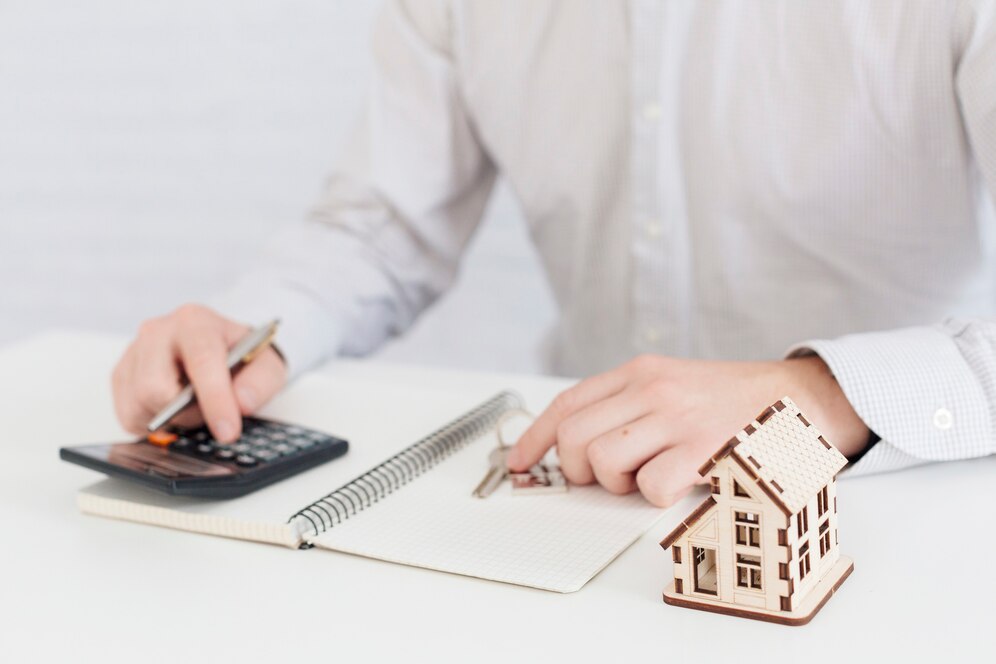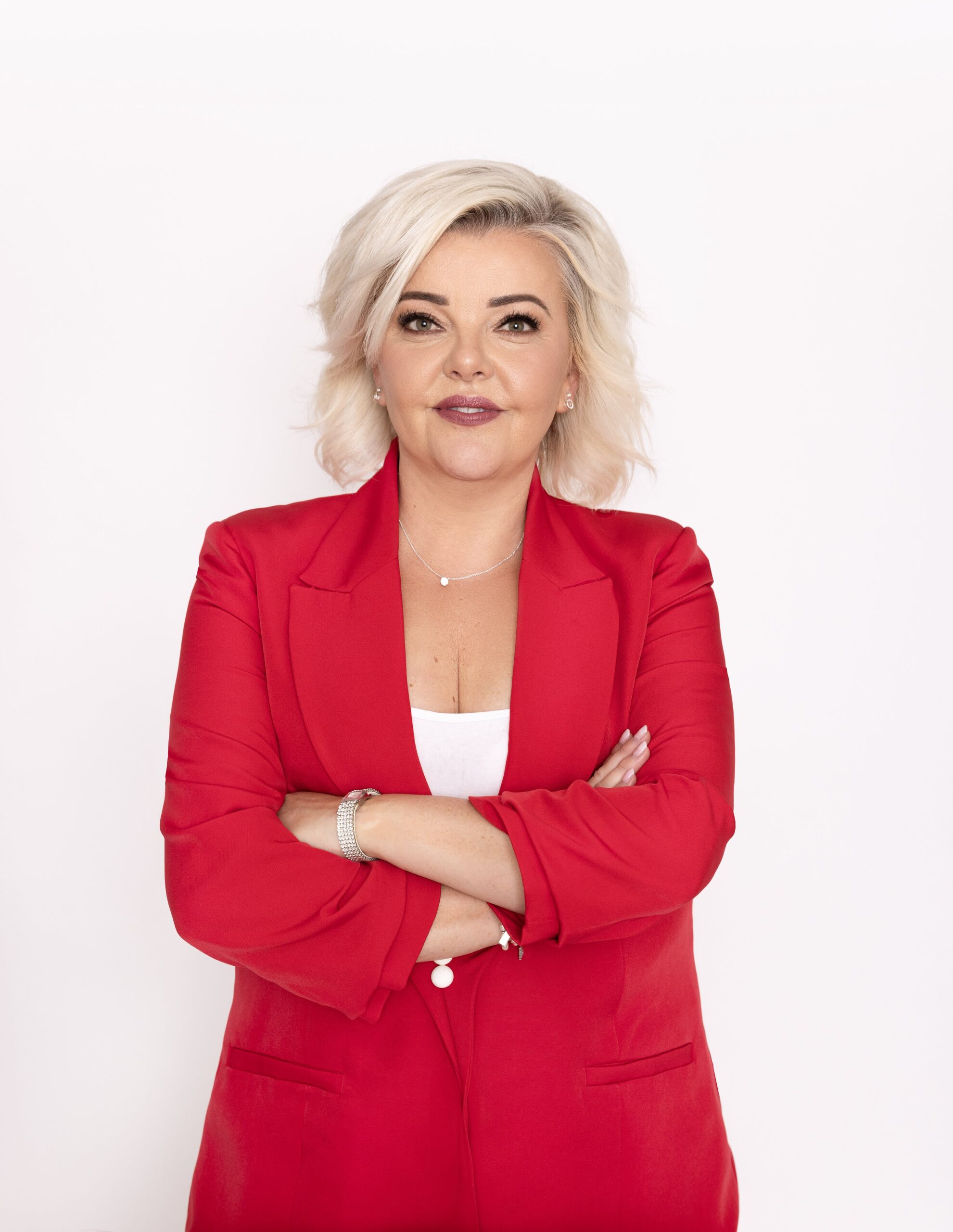Buyers
I want to Buy a Property, What’s the NEXT STEP?
Step 1: Save for a Deposit
First Time Buyers
If you are a first-time buyer, you can borrow up to 4 times your gross annual income. A 90% limit will generally apply to the mortgage you can get. This means you will need a minimum deposit of 10%.
The Help to Buy (HTB) incentive is a scheme to help first-time buyers get a deposit for a home. It allows you to claim back tax that you have paid in Ireland the last four years. The relief available to first time-buyers was increased in July 2020, and this increase has been extended in subsequent budgets. This increase which is known as the Enhanced Help to Buy Scheme was extended until 31 December 2022 in Budget 2022. The amount that you can claim is the lesser of:
⦁ €30,000
⦁ 10% of the price of a new home. For self-builds this is 10% of the completion value of the property.
⦁ The amount of Income Tax and Deposit Interest Retention Tax (DIRT) you have paid in the four years before you buy or build.
The maximum payment is €30,000 per property.
First-time buyers may also be eligible for the government’s First Home Scheme. This is a shared equity scheme and can provide up to 30% of the purchase price of a home.
Second or Subsequent Buyers
If you are a second or subsequent buyer, you can borrow up to 3.5 times your gross annual income. A 90% limit will generally apply to the mortgage you can get. This means you will need a minimum deposit of 10%.
Looking to Buy a property?
Step 2: Work out your Budget
Carefully review your budget to see how much you can afford to spend on mortgage repayments each month and to make sure that you have enough to cover the other costs involved in buying and maintaining a house. These are shown below along with an approximate cost for each.
⦁ Stamp duty (1%-2% of the price of the house)
⦁ Legal fees (€2,500 – €5,000 including conveyancing)
⦁ Survey costs (€200)
⦁ Engineers report (€450)
⦁ Moving costs
⦁ Repairs, decoration, furniture
You should also consider the running costs of a house once you have moved in.
⦁ Electricity and heating – BER rating will have a significant impact on this
⦁ Home insurance
⦁ Maintenance and repairs
⦁ TV
⦁ Broadband
⦁ Property tax
⦁ Bin charges
⦁ TV licence
⦁ Management fees, if you buy an apartment or house in a managed complex
Use a budget planner to work out what you can comfortably afford to repay each month. Include a regular amount for unforeseen expenses in your budget such as medical expenses, interest rate increases etc.
When you have worked out this amount and what deposit you will have, you’ll be able to work out how much of a mortgage you can afford.
Step 3: Research & apply for your mortgage
You can start talking to lenders either before or after you have saved your deposit. You might want to approach lenders to find out how much you may be able to borrow and that will help you work out how much you need to save.
You can apply directly to lenders for a mortgage or use a broker.
The most important thing to think about is the interest rate. Many lenders offer incentives such as cashback which can seem very appealing, especially if you are a first-time buyer. However, you need to consider the overall cost of the mortgage and the interest rate, along with the number of years, will have the biggest impact on the total amount your mortgage will cost you.
You should try to get mortgage approval in principle before you start looking at properties, so you have a clear idea of the price range you should be looking at. It also means you will be taken seriously by the seller if it comes to making an offer on a property.

Mortgage Protection Insurance
Once your mortgage application is approved, you should look for mortgage protection cover which is insurance that will pay off your mortgage if you die within the term of the policy. You should not wait until you have made an offer on a house or apartment before shopping around and applying for mortgage protection insurance. It can take some time to get approval, particularly if you have had poor health in the past. This could delay the sale as, by law, your lender must make sure that you have this cover before giving you a mortgage.
Step 4: Find a Solicitor
While you are looking for a property, you should also look for a solicitor to do the conveyancing – this is the legal work to transfer ownership of the property from the seller to you. It is a good idea to choose a solicitor before you start looking at properties, because as soon as your offer is accepted, the estate agent will ask for your solicitor’s details to pass onto the seller’s solicitor. Your solicitor will also check that the sale of the property is legal – that the person who is selling the property owns it and has the right to sell it, and that nobody else could claim to own it.
Solicitor’s fees can vary considerably and may be either a percentage of the property price or a flat fee. You will usually be charged extra for services like telephone calls, postage, search fees and registering deeds. So, before you choose one, ask several different solicitors for written quotes and details about their professional fees and other costs.
Step 5: Start House Hunting
You are now ready to start your search!












